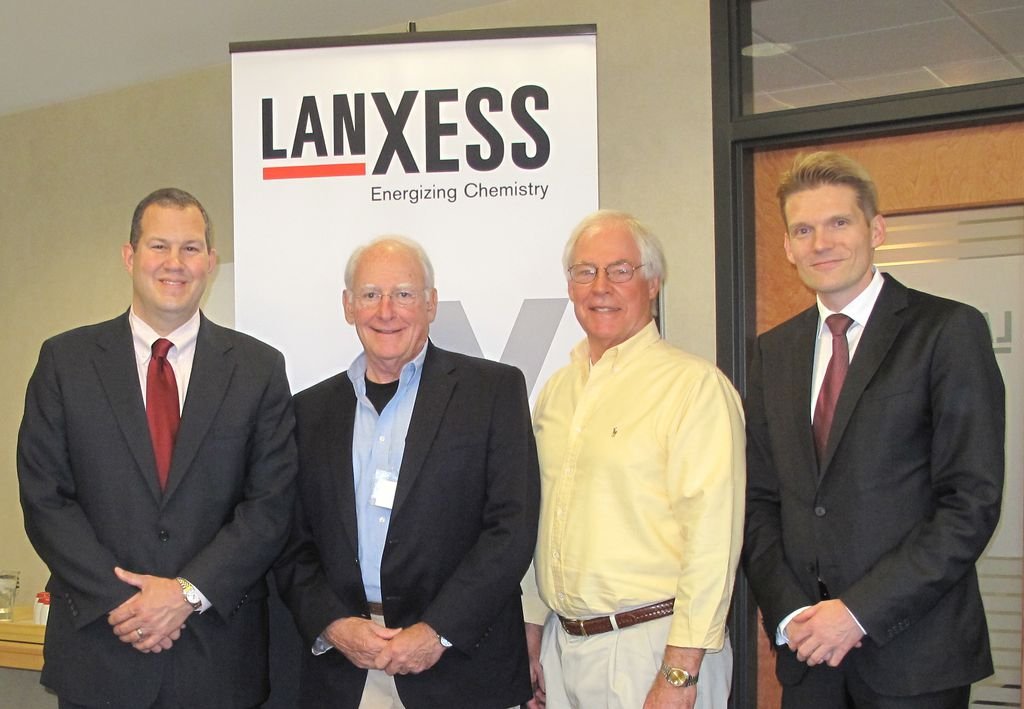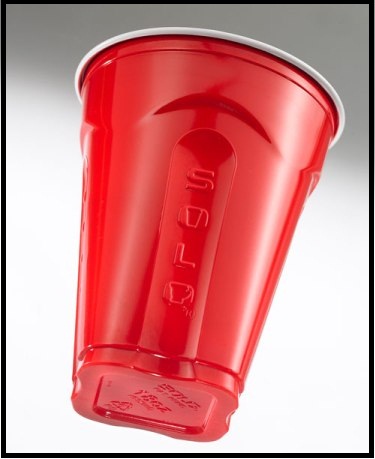UK recycler Bright Green Plastics (BGP), which reprocesses over 40 000 tonnes of plastic scrap every year, has developed a ‘heavy-duty’ recycled polymer formula for household wheelie bins.
The two-wheeled plastic rubbish bins supplied by local authorities in the UK must be tough enough to withstand all types of weather and rough handling for at least ten years. ‘Traditionally, to retain the high levels of durability required, only the recycled material that came from existing, defunct wheelie bins could be put back into the system,’ Bright Green Plastics points out.
‘However, with a dependency on relatively small numbers of old bins becoming available, the scope for a circular economy in the manufacture of household waste bins has been limited so far.’
The Yorkshire-based recycler has developed a technology to create a reliable, heavy-duty recycled polymer from a wide variety of post-consumer waste streams. The new formulation is a mixed polyolefin, where BGP technicians use a blend of polypropylene (PP), polyethylene (PE) feedstocks and the company’s patented BrightFusion additive to maximise strength and integrity.
‘Under normal circumstances, PP and PE are immiscible and incompatible in the melt phase; if compounded, the part would have few end uses as the material is inherently weak,’ BGP explains. The two polymers are often difficult to separate because of their similar densities, presenting a challenge for the recycling industries. However, thanks to its new approach, the performance and strength of the blended materials are said to be ‘extremely powerful’.
Product formulation manager, Jonathan Attwood, says: ‘This breakthrough in the reprocessing of polypropylene and polyethylene has the potential to transform the wheelie bin and wider manufacturing industries.’
‘With 60 million plus bins currently in use in the UK, not to mention the additional applications suitable for this tough, durable plastic, our innovation could significantly reduce the UK’s reliance on short-supply wheelie bin grind material, and therefore the secondary dependence on virgin plastic to fill the gaps – protecting both the environment and the future of the UK’s reprocessing industry.’
According to managing director Steve Spencer, the infrastructure and feedstock supply chain are in place to produce ‘vast quantities’ of materials required to supply local authorities with bins that contain at least 97% of reliable recycled plastic material.
BGP is currently in discussions with manufacturers to trial the formula in bins, which will undergo rigorous testing with sledgehammers and weights to substantiate the plastic’s durability.
‘Our technical team is working tirelessly to develop bespoke formulations and solutions to improve the standards of recycled plastic in the UK and make it easier for firms, across a wide variety of industries, to incorporate recycled materials into their products,’ Spencer says.
He believes that all plastic production has the potential to be based on recycled materials. ‘With our ongoing developments and partnerships, such as our recent collaboration with the University of Liverpool, University of Manchester and Unilever, we’re on a mission to ensure no plastic waste ends up in landfill or the incinerator.’








